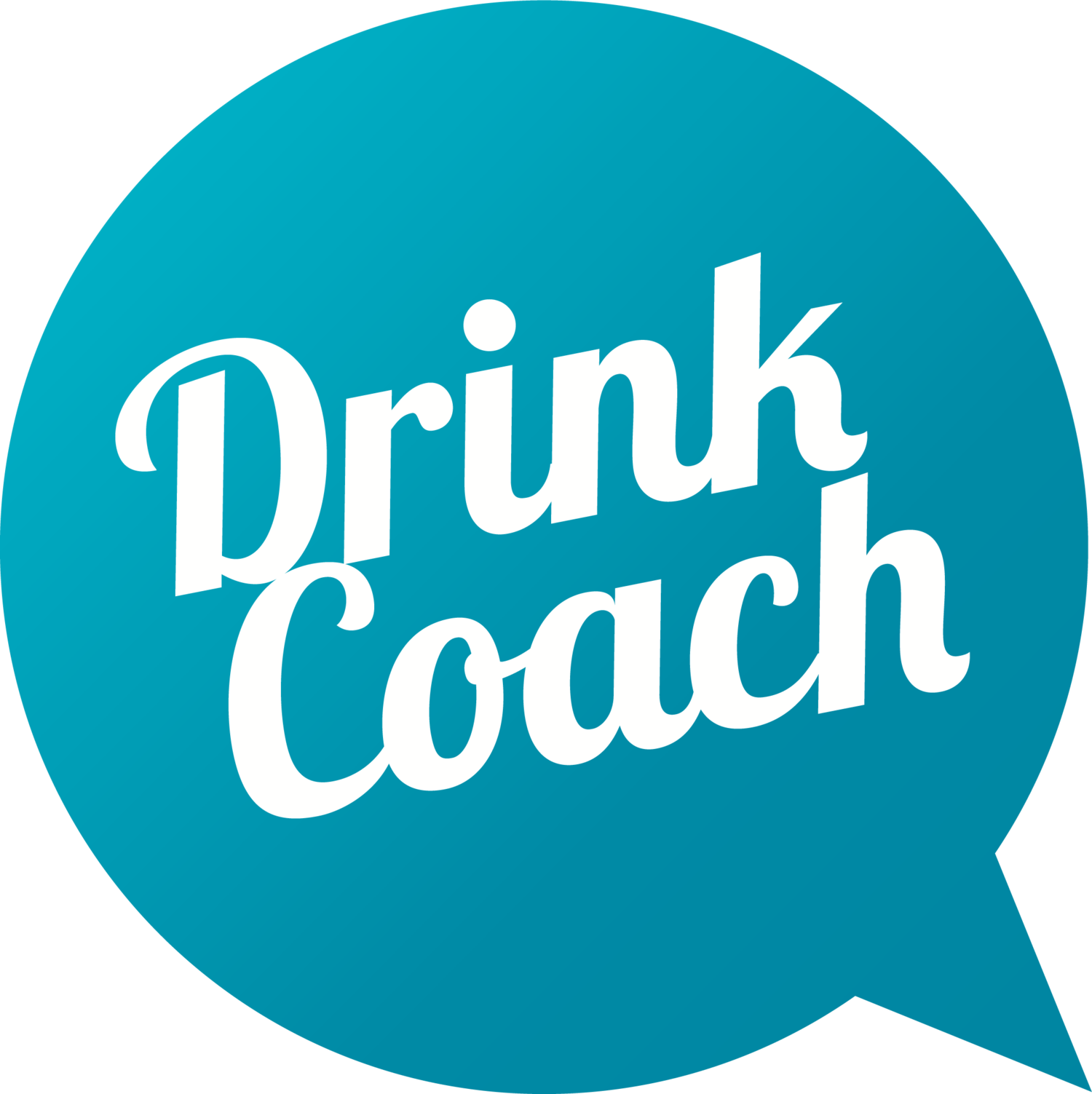International Women's Day: Take time for you
Every year on the 8th March women from all over the world join forces to celebrate women’s historical and modern day achievements, on a tradition known as International Women’s Day.
As women, we tend to prioritise everyone above our own needs. As mothers, wives, friends, sisters, daughters and colleagues people tend to look to us for support, advice and care leaving less time for ourselves. When we fail to take time for ourselves it can lead to stress, anxiety and increased drinking.
While we are all for gender equality, female bodies’ process alcohol very differently to males.
Thanks to higher levels of body fat and lower levels of body water, women experience a stronger physiological response to alcohol – which contributes to both short and longer term harm.
On top of having a harsher experience with alcohol, women are also more likely than men to report symptoms of stress, including headaches and upset on stomach. In addition, we are likely to have mental health conditions that are made worse by stress, such as depression or anxiety. Research suggests that women may feel the symptoms of stress more or get more of the symptoms of stress than men. This can raise our risk of depression and anxiety. (1)
So how can you deal with stress so it works for you, not against you?
The Stress Bucket
Imagine everyone is born with a bucket that they carry around with them. Stressors like change, bereavement, jobs, family and relationship stress fill up that bucket over time. The key is to find healthy and effective ways to put holes in your bucket to release stress before it overflows.
Some people choose alcohol to deal with stress, and while it may allow you to relax in the short term, in the long run it can become an unhealthy coping mechanism which could lead to dependency.
“I was in a high pressure job and felt I deserved to relax with some wine in the evening. It started off innocently enough, switching from work to home life with the help of a glass of wine, but this quickly became two and three and before too long a bottle a night was a regular thing.”
What are some healthy ways reduce stress?
If you don’t think you can tackle your drinking alone, you can turn to a DrinkCoach. We have 11 qualified alcohol specialists who can support you with your drinking through identification and brief advice (IBA). Here are some tips from one of our coaches on how you can tackle stress.
1. Work out what is causing you stress.
Once you identify your stressors you can start to work towards tackling them.
2. There is no universal fix for stress.
Identify your own personal self-soothing strategies. Ask yourself: What has worked for me in the past to help combat stress? These may include meditation, talking to a professional, confiding in a close friend or relative, having a hot bath or exercise.
3. Create a goal and stick to it!
Figure out how you’re going to proactively manage your stress. Your goals could be to avoid alcohol when stressed, go running 3 times a week or meditate for 5 minutes a day. Writing goals down on paper helps you remember and commit.
“Coaching, in particular, is an effective way of tackling stress. Having someone to report and feed back to keeps you motivated to stick to your commitments. As coaches we encourage, advise, motivate and most importantly never judge.”
Just remember that being “stressed out” doesn’t have to be the norm. Find out what works for you and try not to be so hard on yourself. Stress is natural and important for survival!
The most important take away is to take some time for yourself, that could be though self care, meditation, reading or doing absolutely nothing.
If stress is causing you to turn to alcohol and you’re worried about how much you are drinking you can take our 2-min Alcohol test, download our app or book 1-2-1 coaching sessions with one of our 11 fantastic coaches.
References
Hammen, C., Kim, E.Y., Eberhart, N.K., Brennan, P.A. (2009). Chronic and acute stress and the predictors of major depression in women. Depression and Anxiety; 26(8): 718–723.


